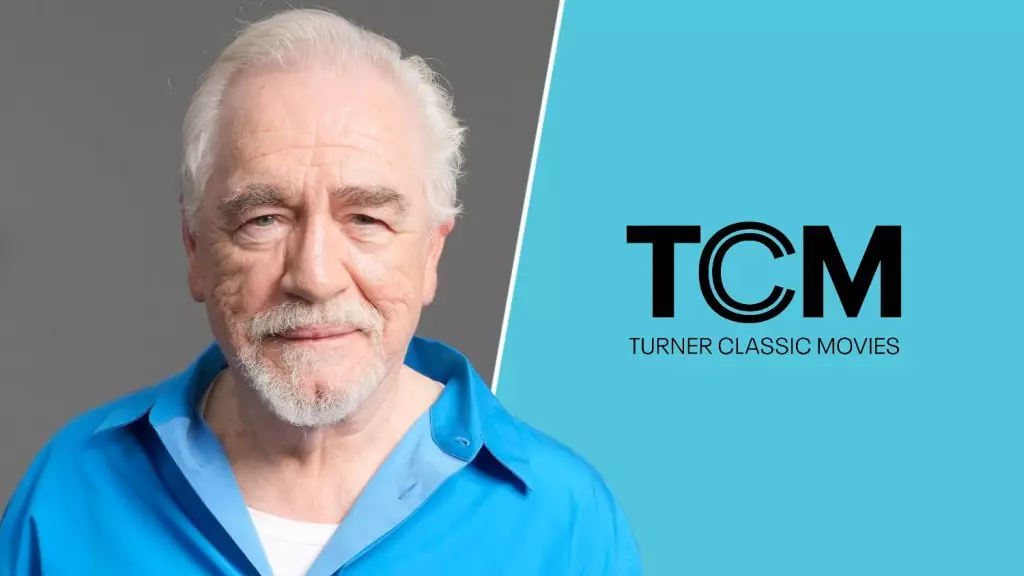Renowned physicist and television presenter Brian Cox has shared his concerns about the future of Turner Classic Movies (TCM) following recent executive changes at the cable network. The alterations made by Warner Bros. Discovery had Hollywood worried that TCM might face closure. In response, influential filmmakers such as Steven Spielberg, Martin Scorsese, and Paul Thomas Anderson arranged a meeting with CEO David Zaslav to emphasize the significance of TCM. Fortunately, they received reassurances that the network would continue to operate. As part of the restructuring, the trio of filmmakers, along with Michael de Luca and Pam Abdy, would assume active roles at TCM.
Cox, speaking candidly about his thoughts on TCM, expressed his horror at the prospect of the network shutting down. In a statement on Facebook, he stressed the importance of TCM as a valuable resource. Cox acknowledged the contributions of Robert Osborne, who played a key role in establishing TCM, as well as the five women currently running the network. He praised their expertise and emphasized the significance of understanding the history of cinema and its impact on society.
TCM: A Window into the Past and Future of Cinema
Cox believes that TCM serves as a history lesson on the evolution of cinema and remains an essential resource for appreciating its ongoing development. The network’s presentation of classic films allows viewers to grasp the vast progress made in the world of movie-making. It also highlights the areas where further advancements are necessary.
Through TCM, Cox gains a comprehensive understanding of the journey cinema has taken over the years. The network’s curated content showcases the technical advancements that have taken place, while also reminding viewers that certain elements of acting have remained timeless. Cox mentions revered actors such as Spencer Tracy and Katherine Hepburn, emphasizing their timeless talent and the enduring relevance of their performances. By witnessing their collaborations on screen, viewers can appreciate the authenticity and brilliance that characterized their work. Cox asserts that cinema has always been a vital aspect of his life and believes it should be treasured by all.
TCM’s preservation of classic films and its commitment to providing a platform for these timeless creations are invaluable. Cox’s concerns about the potential closure of TCM reflect the sentiments of many filmmakers and cinema enthusiasts. The network’s ability to educate and entertain simultaneously is a rare gem in the crowded landscape of cable television.
Cox’s impassioned plea to preserve TCM underscores the network’s significance as a vital resource for the film industry. The support from influential filmmakers like Spielberg, Scorsese, and Anderson, along with their newfound roles at TCM, will undoubtedly contribute to the network’s continued success. As the landscape of cinema evolves, TCM remains a beacon of cinematic history, reminding viewers of the past while inspiring future generations of filmmakers and enthusiasts to push the boundaries of the art form.

